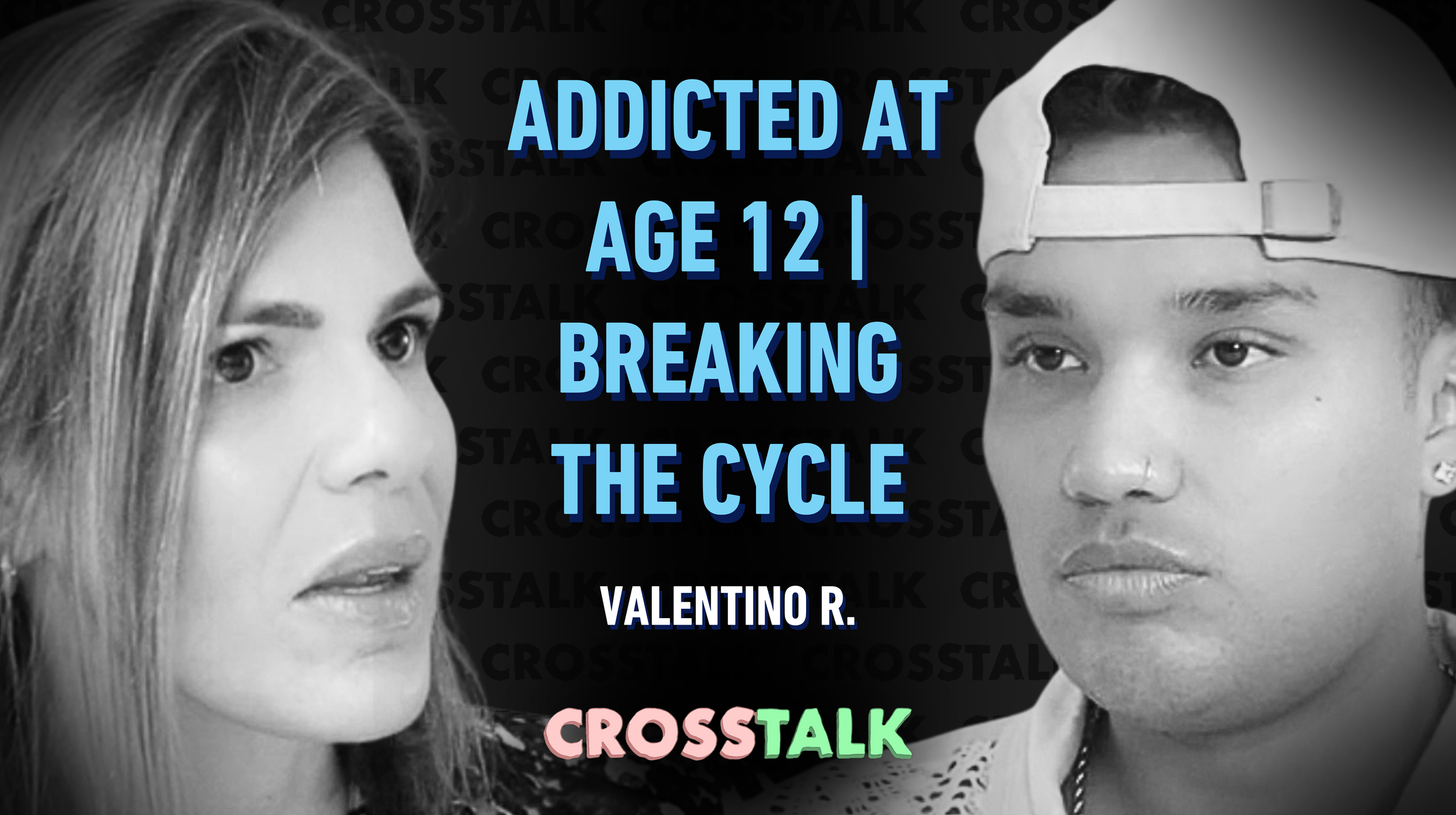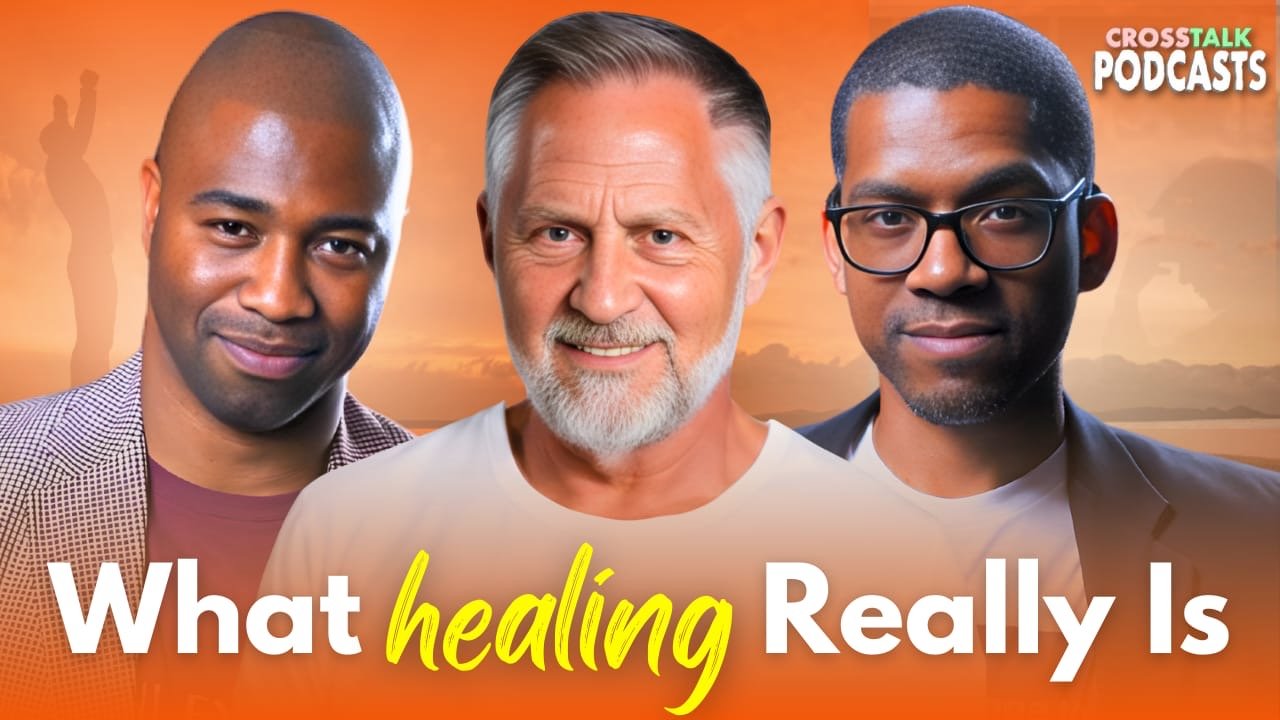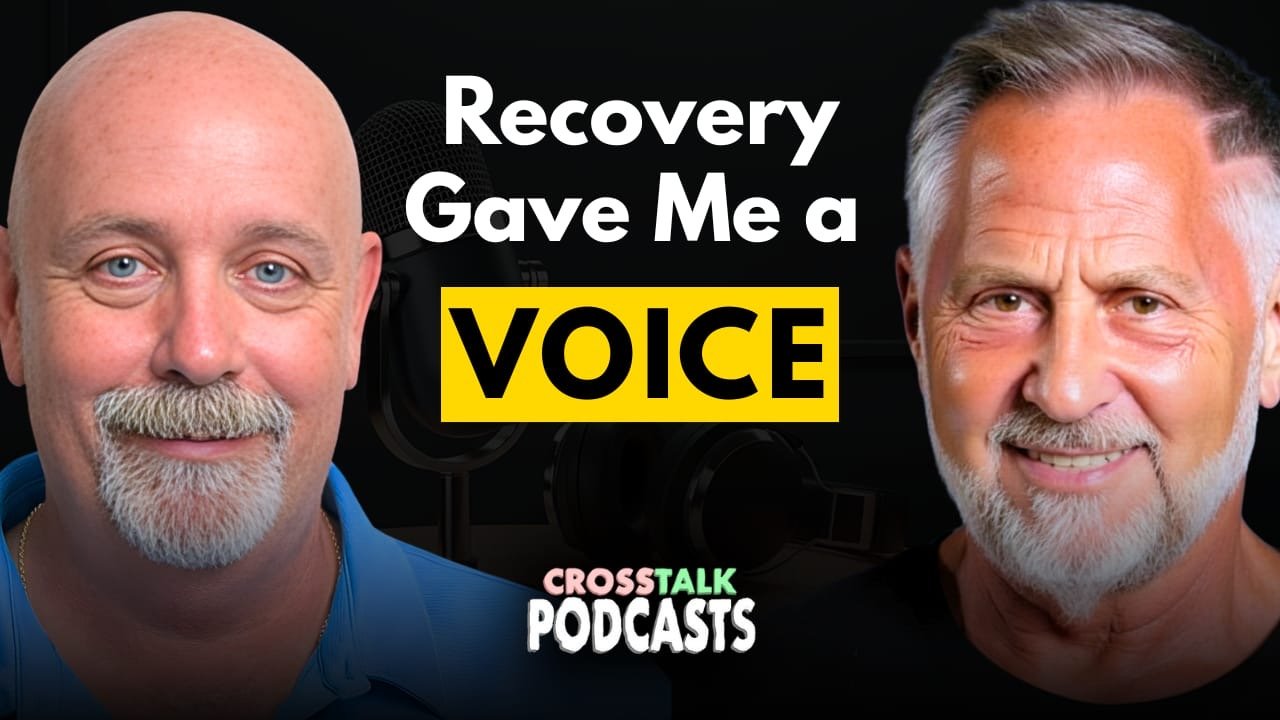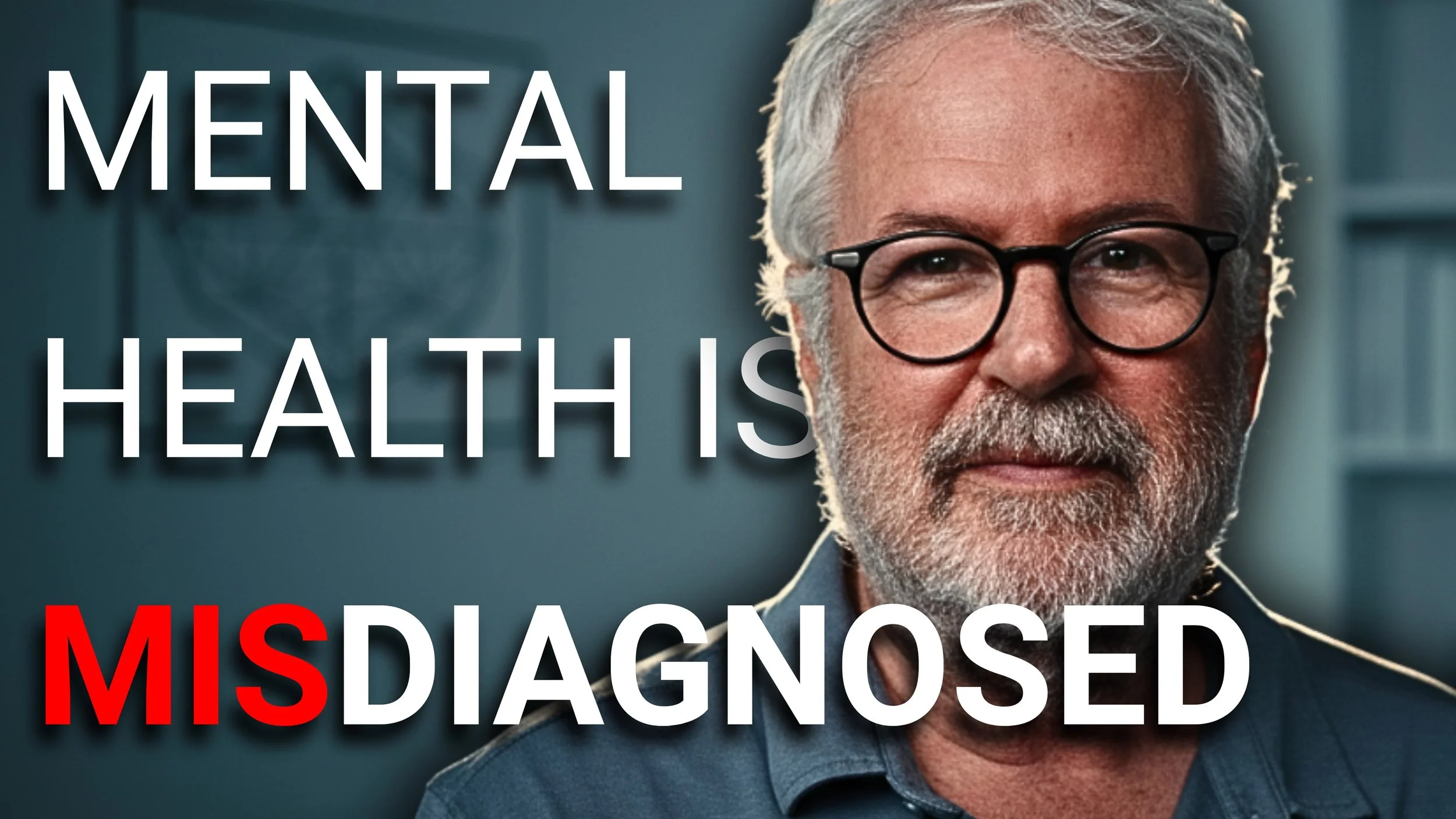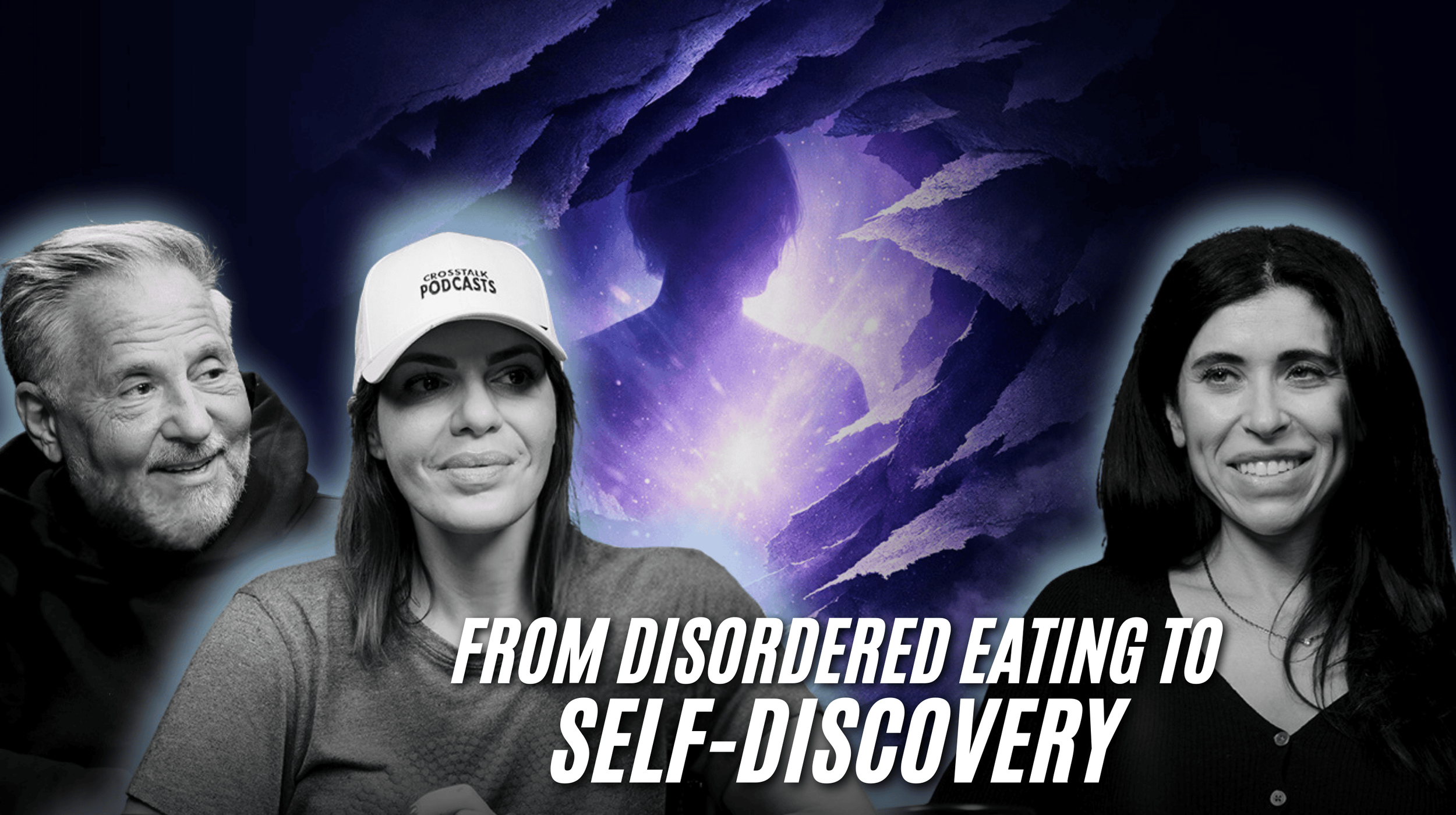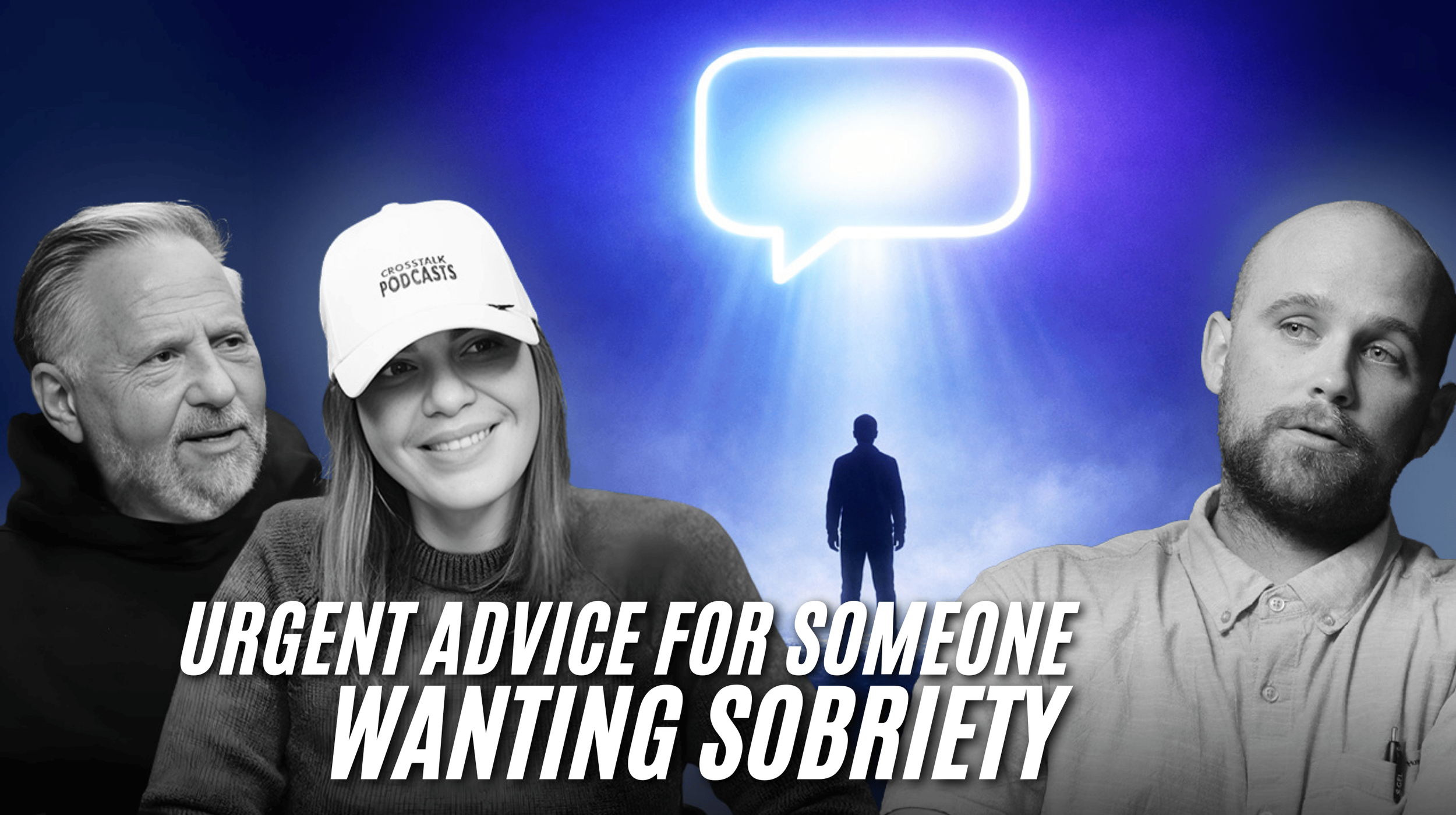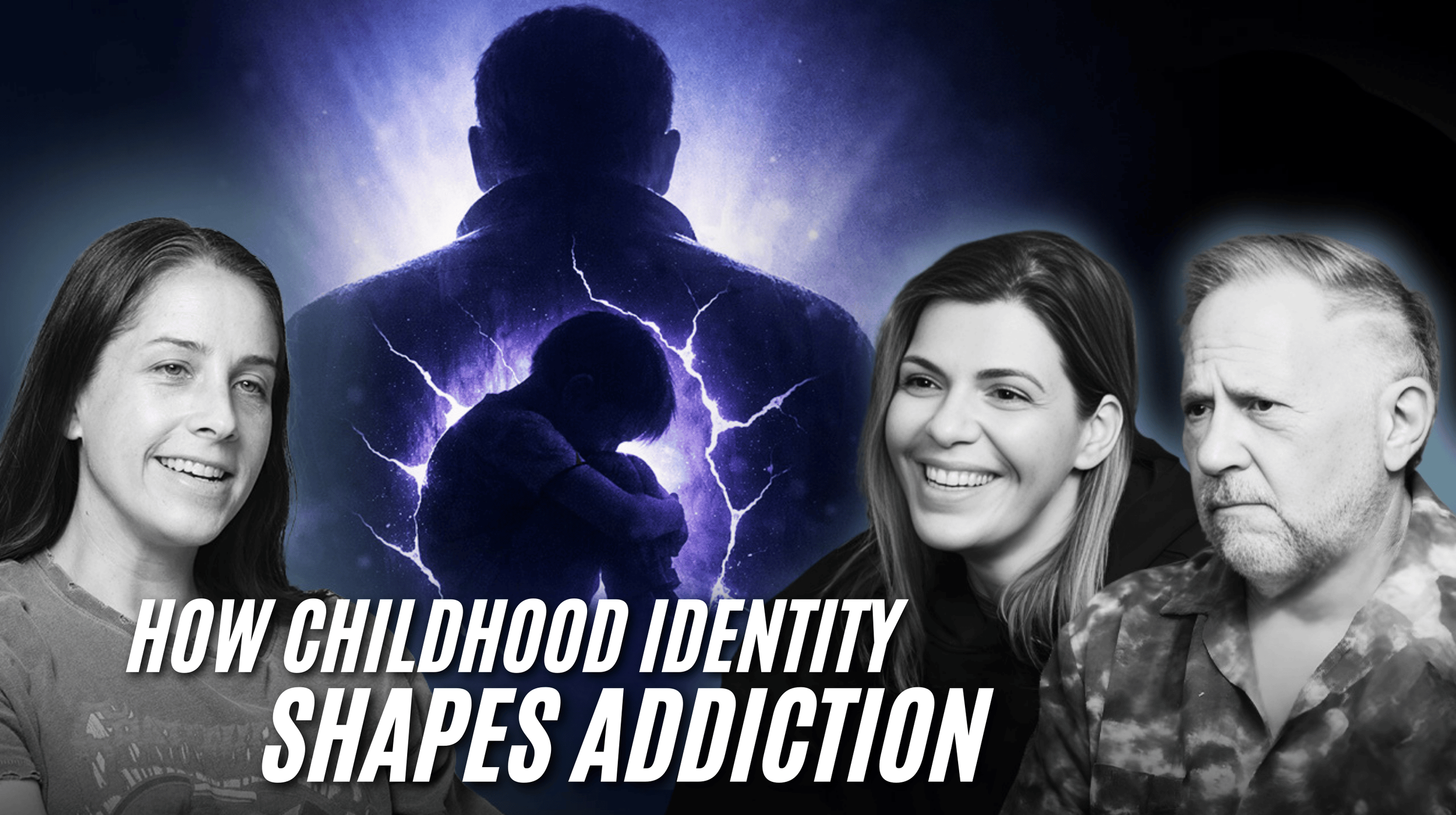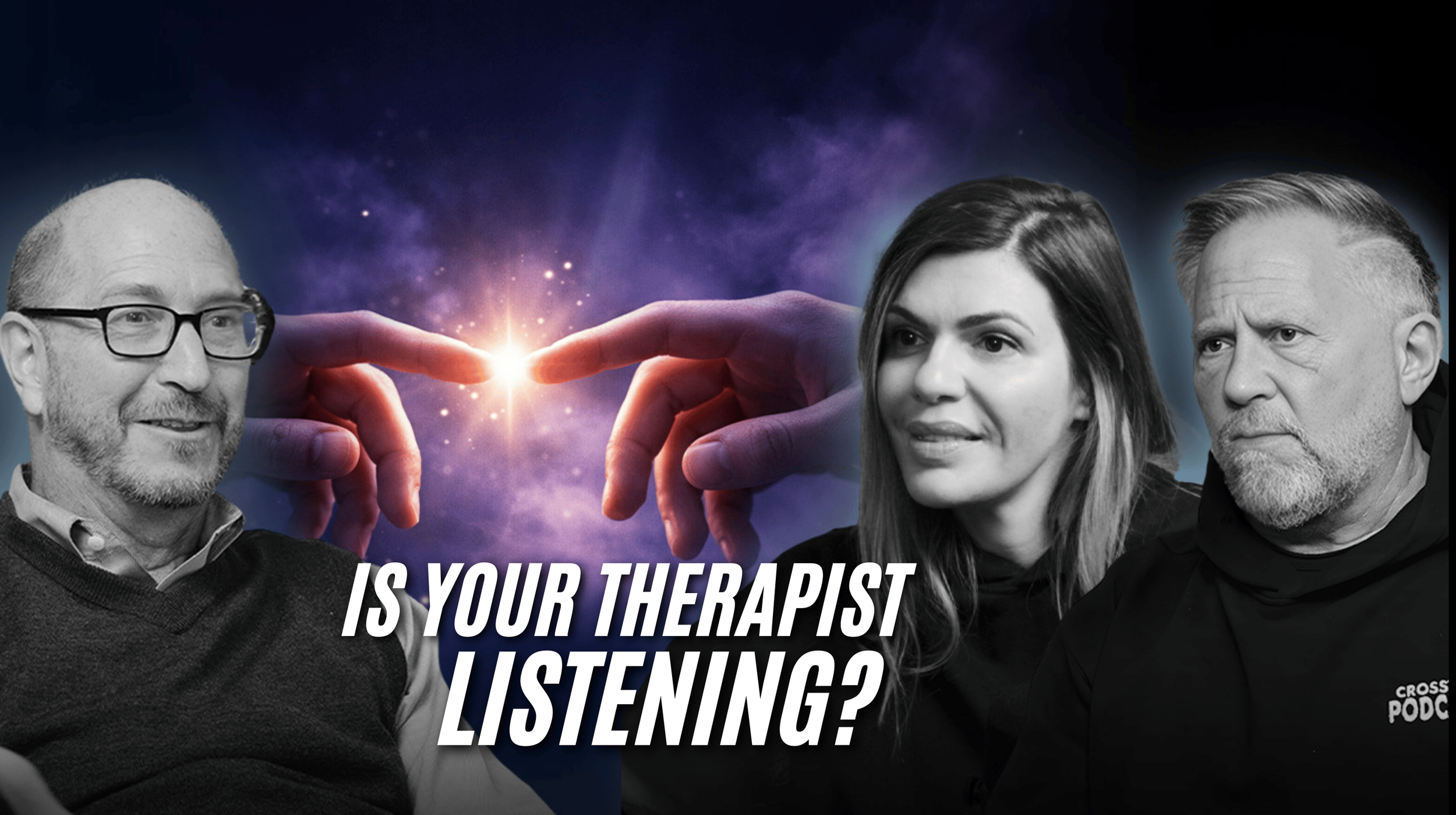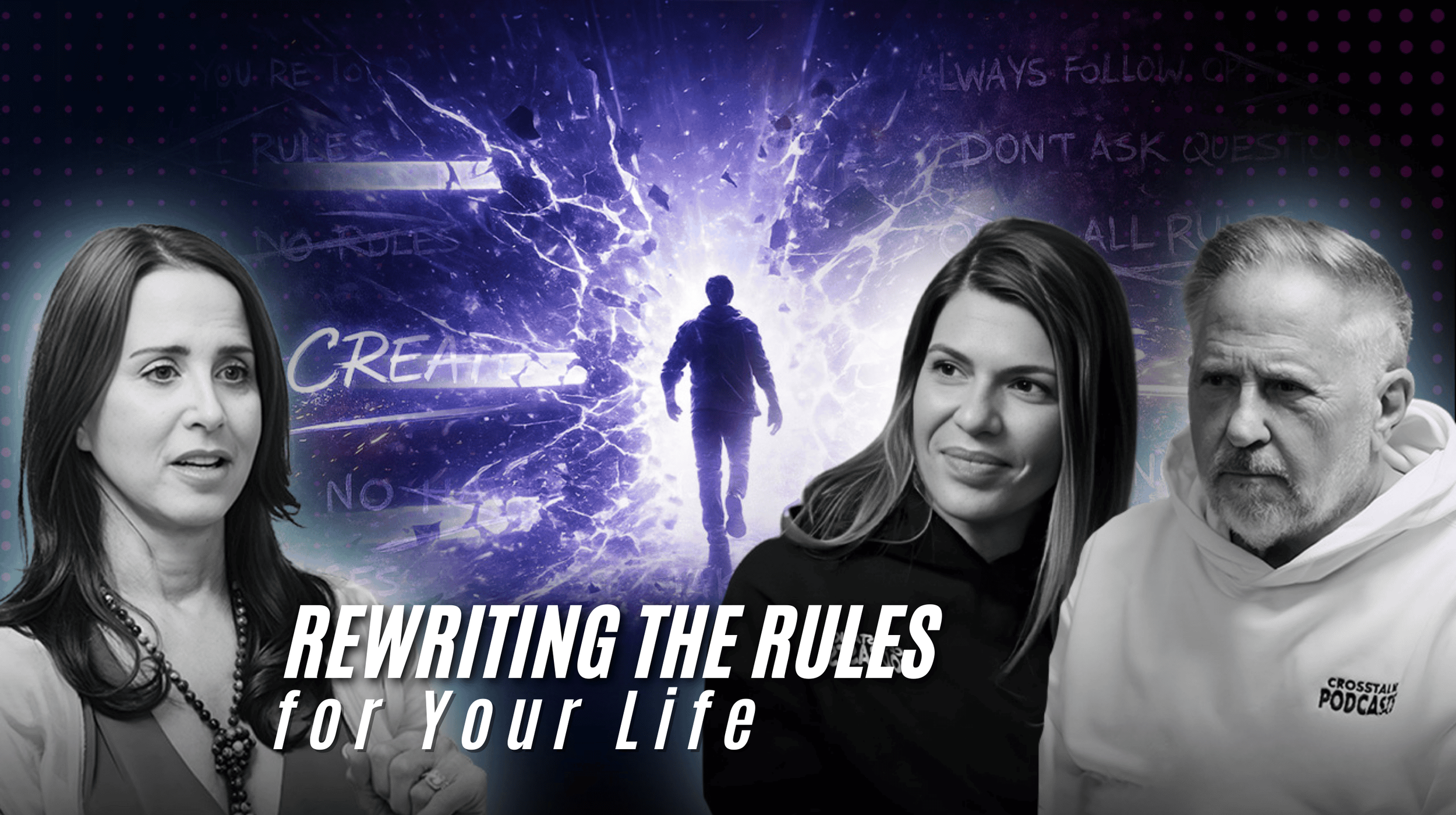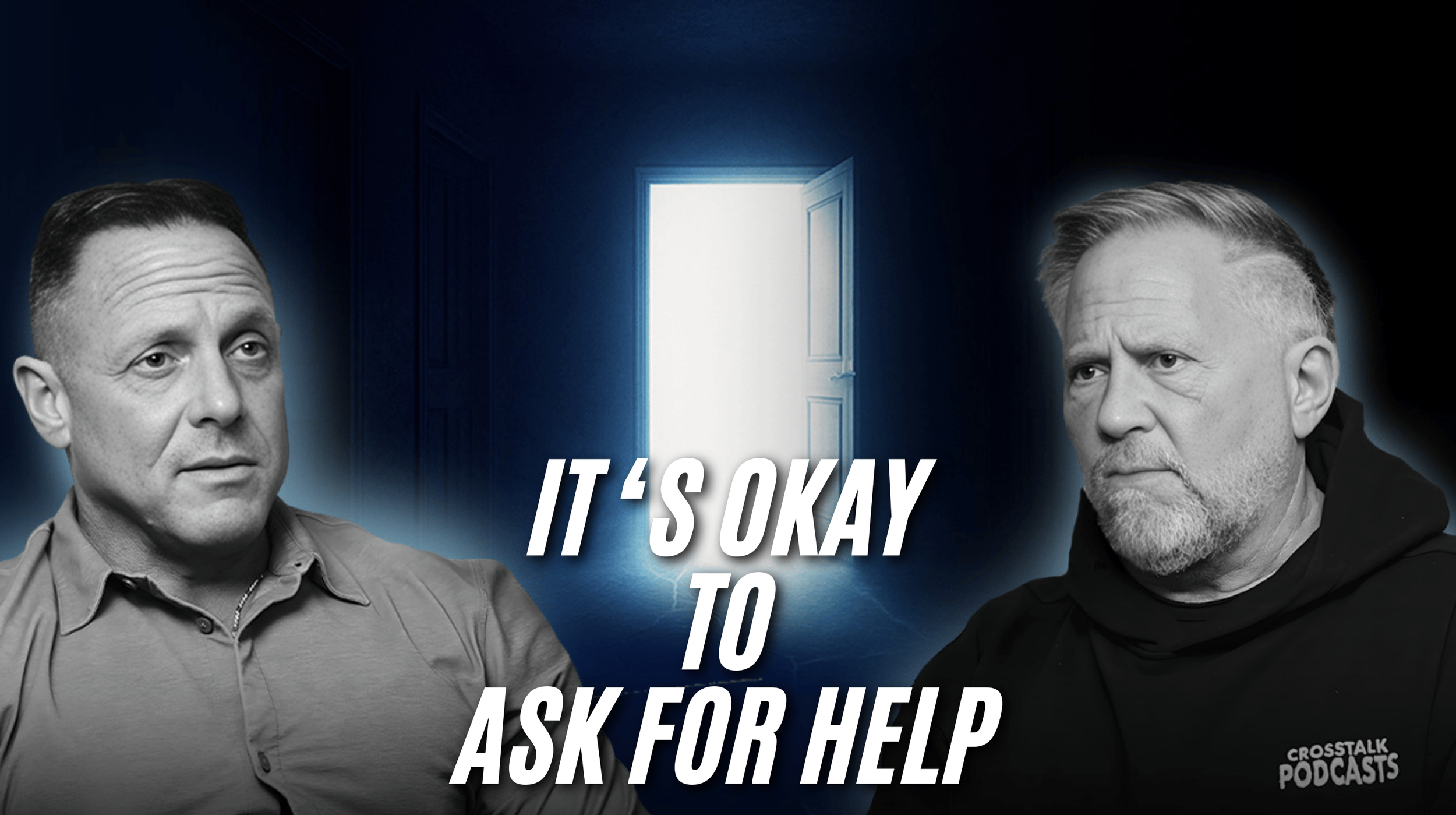OVERDOSES, COURTROOMS, and a Second Chance | TRAPPED in a CYCLE of DRUGS, LIES, and PAIN
Listen or watch on your favorite platforms
Show Notes
Today’s guest shares a raw and honest look into their life, from growing up in a small town in New Mexico to struggling with addiction at an early age. Raised in a family torn between love and addiction, they quickly found themselves on a path that would lead to multiple overdoses and run-ins with the law.
Childhood and Growing Up
Valentino’s upbringing was marked by a mix of loving family dynamics and early exposures to trauma. He grew up in a small town, surrounded by a large family divided between strong male and female influences, yet also impacted by a parent’s addiction. His mother’s alcoholism cast a long shadow over their early years, as they were raised largely by their father and extended family. A sense of difference and shame often lingered due to his unique circumstances, such as having a mother who was frequently absent or incarcerated.
First Encounter with Addiction
Valentino’s first experiences with substance use began shockingly early, around the age of 12, when he experimented with weed and alcohol. The thrill of these initial encounters was intense; a sense of rebellion and escape was born. Influenced by the casual drinking habits of family members, he quickly started seeking these substances as a way to feel normal, excited, or simply to cope with daily life. What began as seemingly innocent experimentation rapidly escalated as he began associating with older, like-minded individuals who reinforced these behaviors.
Active Addiction
During Valentino’s teenage years, addiction took a dark turn. He was actively using substances like oxycontin and cocaine by the time they were in high school. His life became a cycle of stealing, lying, and manipulating just to maintain the high. Relationships with family and friends deteriorated as addiction consumed him. Consequences mounted—failing grades, legal troubles, and estrangement from loved ones became the new normal. Valentino found himself hanging out in dangerous places, like trap houses, surrounded by older, more dangerous influences. The thrill that had once been alluring was now a constant source of fear, shame, and desperation.
Hitting Bottom
The lowest point came when he experienced an overdose, terrifying his family and forcing everyone to confront the severity of the situation. He was in and out of treatment centers, repeatedly trying and failing to stay clean. At one point, Valentino was faced with potential jail time, but narrowly escaped through a court-mandated rehab program. Despite multiple attempts to get better, the lure of substances continued to pull him back. He lost everything repeatedly, and the realization hit hard: he couldn’t control his addiction alone.
Seeking Help
Finally, with a mix of pressure from his family, court orders, and an internal desire for change, Valentino started to take recovery seriously. The turning point came when he attended a long-term treatment program that didn’t just focus on sobriety but also on rebuilding life skills and self-worth. He learned to take responsibility, found support in community meetings, and reconnected with his cultural roots, gaining strength from family members who were also in recovery. This time, the help stuck. Valentino embraced sobriety fully, dedicating himself to work, community, and self-improvement.
Life Today
Today, Valentino’s life is a powerful testimony of resilience and hope. He has re-established connections with his family, embarked on a fulfilling career, and found joy in simple, everyday moments. Sobriety has given his back a sense of control, self-love, and the ability to dream again. Valentino is now actively involved in helping others who struggle with addiction, using his story as a beacon of hope. His journey reminds us all that, no matter how dark things get, there is always a path to recovery and a brighter future.
FAQs
What are the early signs of addiction?
Early signs often include behavioral changes, secrecy, increased tolerance, and neglecting responsibilities.
How can I support a loved one struggling with addiction?
Offer support without judgment, encourage professional help, and educate yourself about addiction.
Is relapse common in addiction recovery?
Yes, relapse is a part of the recovery journey for many; it doesn’t mean failure but a step towards lasting recovery.
What are alternative treatments to 12-step programs?
Alternatives include therapy, medication-assisted treatment, holistic approaches, and support groups like SMART Recovery.
How do I know if rehab is necessary?
Rehab is usually necessary when addiction severely impacts daily life, relationships, and personal safety.
Related episodes
ABOUT CROSSTALK
CROSSTALK reveals real stories of everyday people and notable figures, sharing their journeys from struggles to life-changing 'aha' moments with all kinds .


